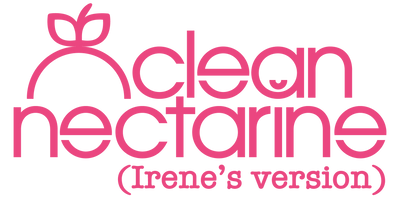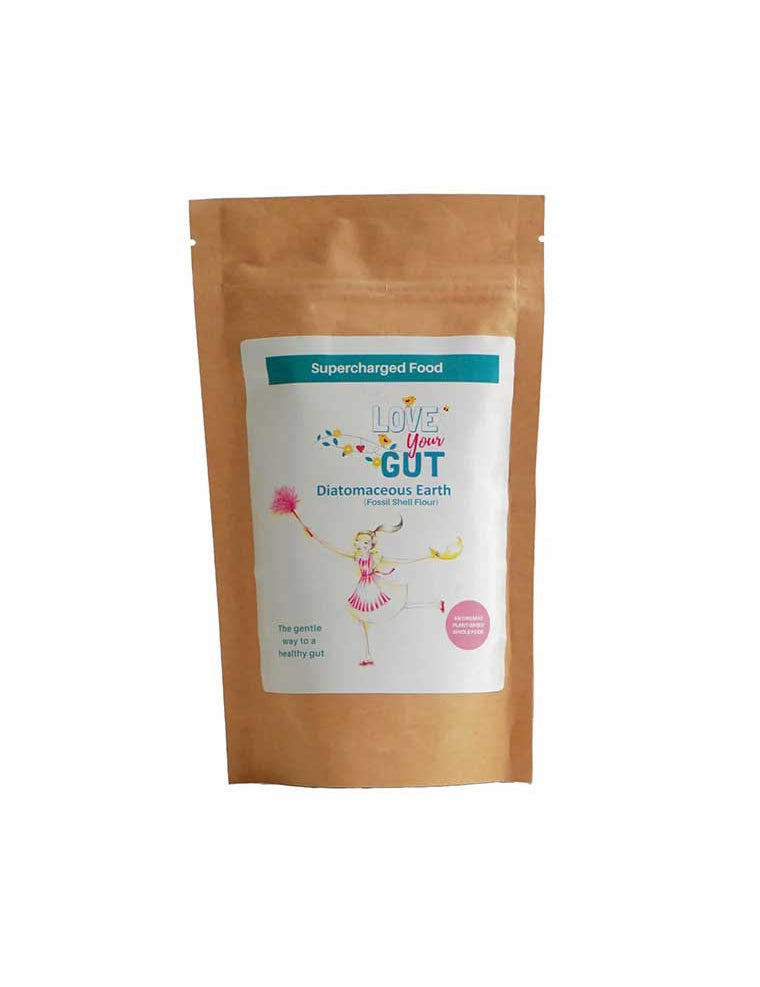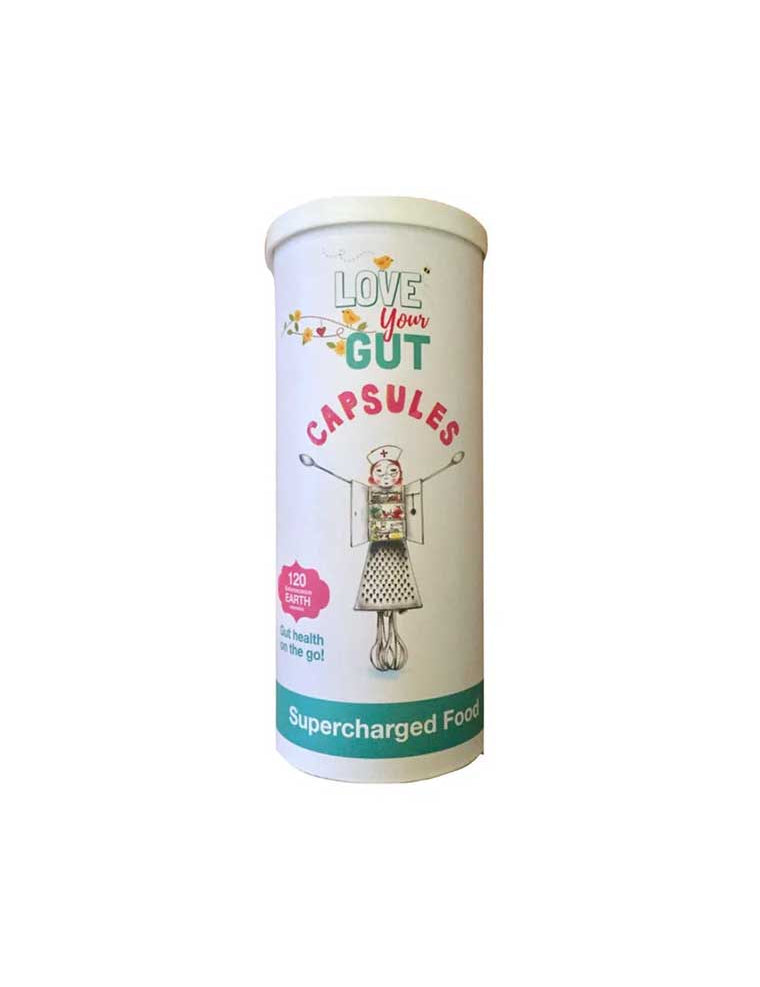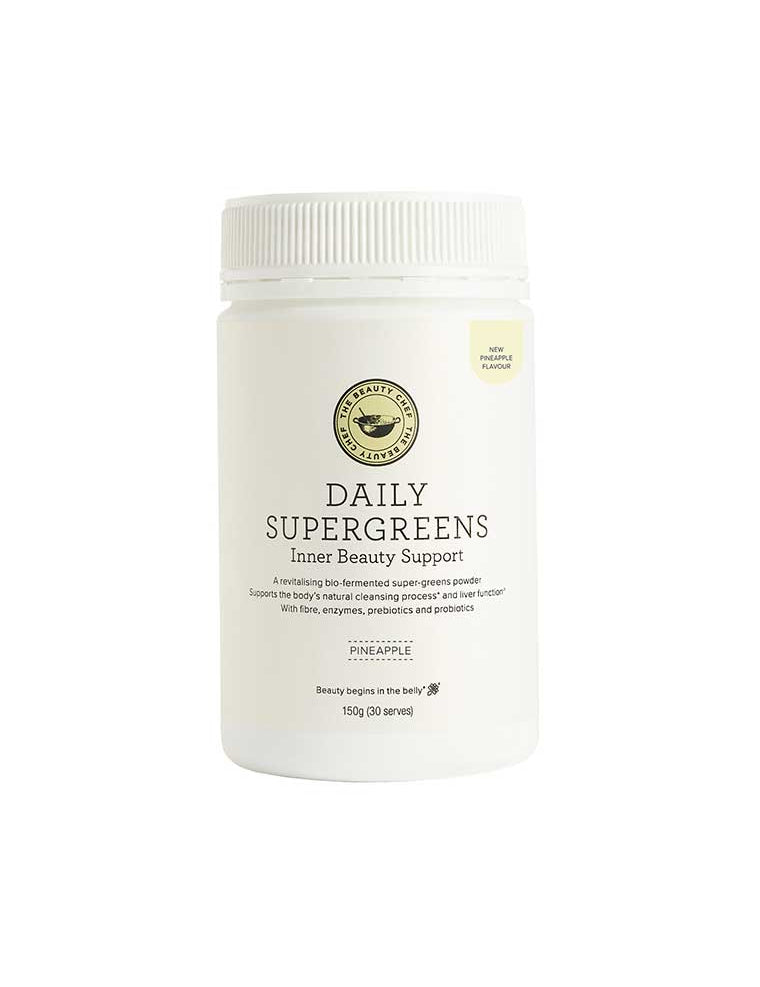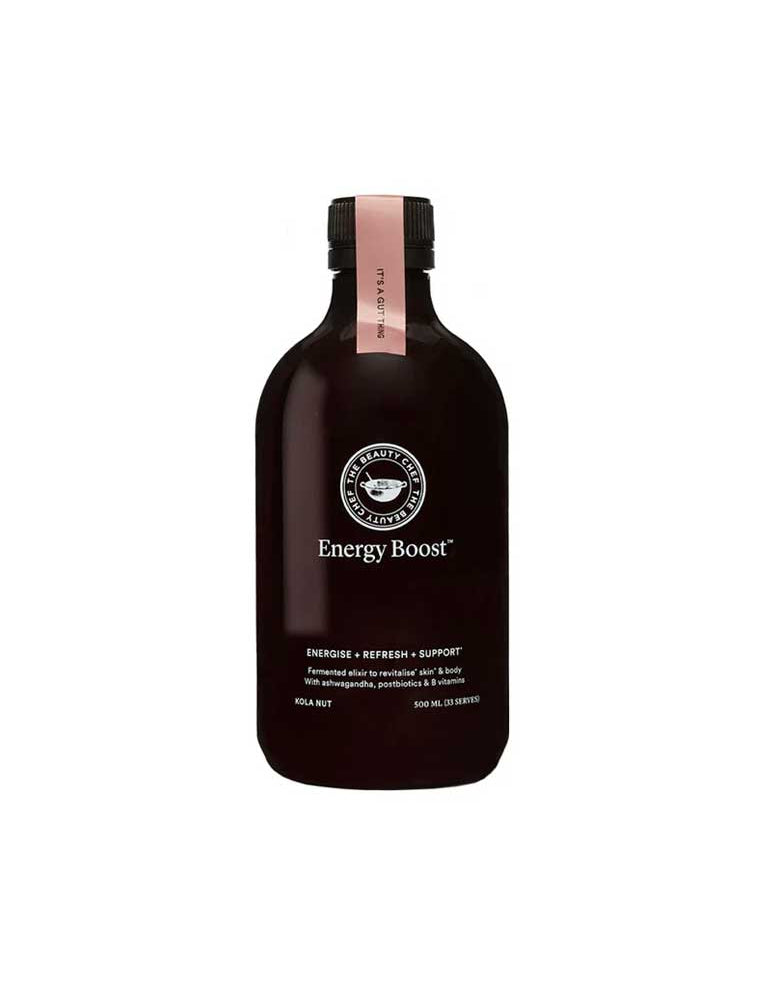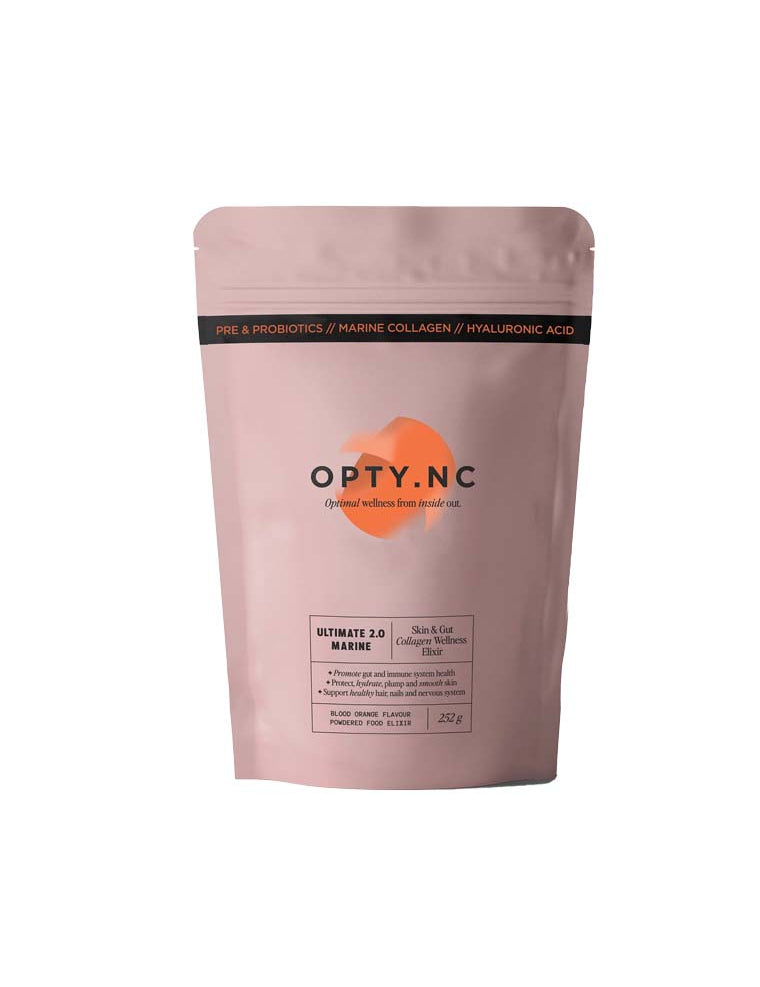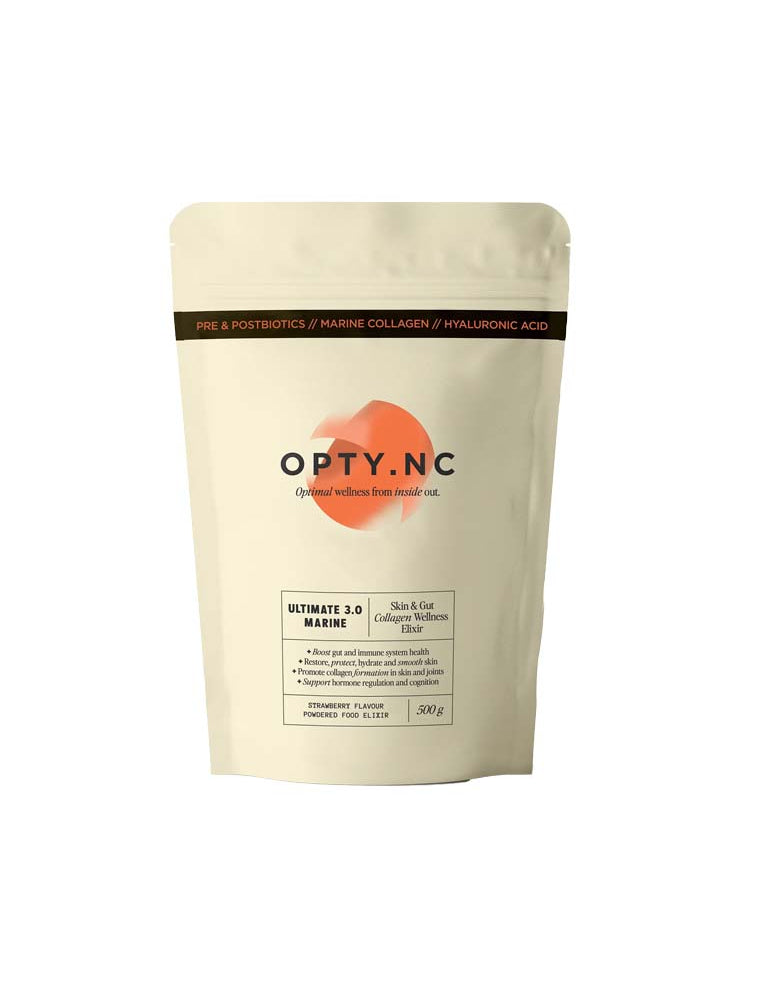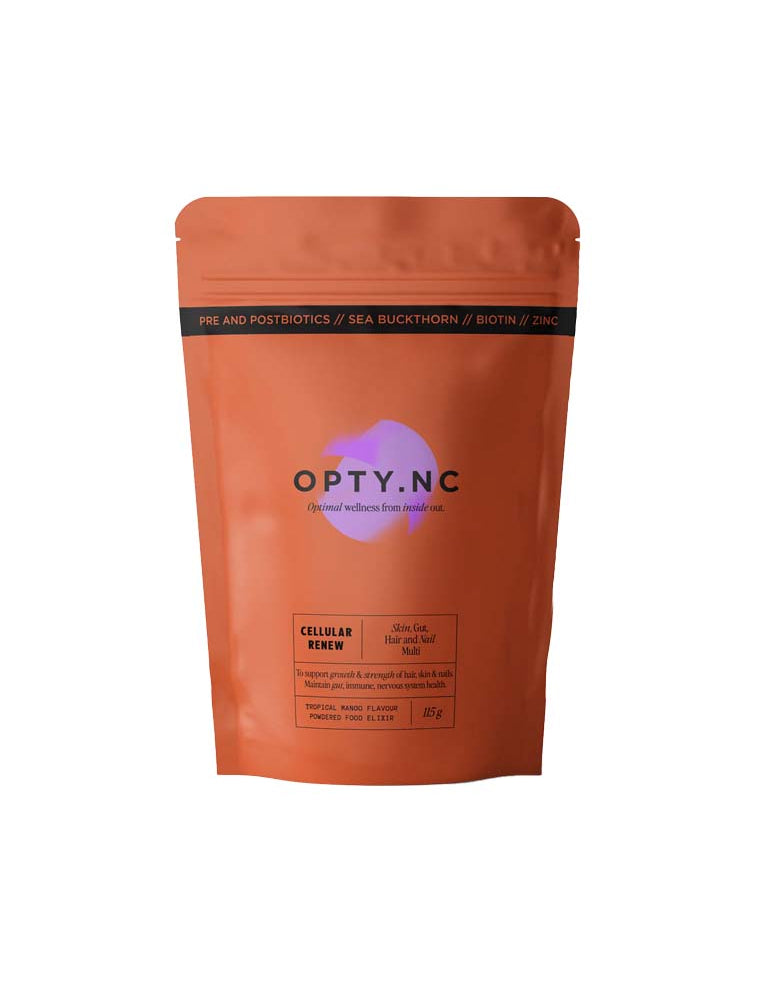
Energy, Focus & Cognition: Your Questions Answered
Discover natural ingredients traditionally associated with energy levels, mental clarity, and cognitive function.
Popular Q&As for Energy, Focus & Cognition Supplements
1. What natural ingredients are popular in energy-related supplements?
Natural ingredients in energy-related supplements often include nutrients involved in cellular processes. B-complex vitamins play a role in cellular energy metabolism and normal adrenal function, while iron is involved in oxygen transport in the body. Traditional herbs like Ashwagandha, Rhodiola, and Siberian Ginseng have historically been used in various cultures in relation to stress response and vitality. Coenzyme Q10 is involved in mitochondrial function and cellular energy processes, with natural levels that tend to change with age. Many formulations combine these ingredients with nutrients like magnesium and zinc, which are involved in numerous biochemical reactions in the body.
2. How is iron related to energy metabolism?
Iron is a mineral that plays an essential role in oxygen transport in the blood, which is connected to cellular energy metabolism. When iron levels are lower than optimal, particularly in women, this can affect how oxygen is carried throughout the body. The body has mechanisms to adjust activity in various systems in response to changing iron levels. If you're curious about your iron levels, it's advisable to consult with a healthcare professional for appropriate testing rather than self-diagnosing. If testing confirms lower than optimal levels, various iron formulations are available with different absorption characteristics.
3. What are adaptogens and how do they differ from stimulants?
Adaptogens are herbs that have traditionally been used in various cultural health practices. Unlike stimulants such as caffeine which have a direct and immediate effect on alertness, adaptogens have been studied for their potential to interact with the body's natural stress response systems. These herbs include Siberian Ginseng, Rhodiola, and Ashwagandha, along with various functional mushrooms that have centuries of traditional use. While caffeine and other stimulants typically produce quick effects followed by a potential decline in energy, adaptogens are associated with more gradual effects. Many people incorporate these traditional botanicals into their daily routines as part of a balanced approach to wellbeing and natural energy management.
4. How is hydration connected to energy levels?
Hydration plays a fundamental role in numerous bodily functions related to energy and vitality. Water is essential for transporting nutrients to cells and removing waste products, maintaining blood volume for efficient circulation, and regulating body temperature through perspiration. Even mild dehydration can be associated with feelings of lethargy and reduced alertness, as cellular processes become less efficient. Many people enhance their hydration routine with mineral-rich beverages containing electrolytes like potassium, sodium, and magnesium, which are involved in fluid balance, muscle function, and nerve signaling. Health experts typically recommend consuming between 2-3 liters of water daily, adjusting for factors like body size, activity level, climate, and individual health conditions.
5. How can I incorporate energy-focused supplements into my daily routine?
Incorporating energy-focused supplements into your daily routine is straightforward with a bit of planning. Many people find it convenient to take supplements with breakfast, making it part of their morning ritual. For B vitamins and other water-soluble nutrients, taking them with food can help with absorption. Adaptogenic herbs are often taken consistently over time as part of a daily routine rather than only when needed. Some people prefer capsules for convenience, while others enjoy the ritual of mixing powders into smoothies, juice, or water. When starting any new supplement, it's often recommended to begin with the suggested amount on the label. It's also worth noting that supplements work best as part of a comprehensive approach to wellbeing that includes proper nutrition, adequate hydration, regular physical activity, and sufficient rest.
When considering any new diet, vitamins or supplements it is important to seek advice from your healthcare professional. ALWAYS READ THE LABEL AND FOLLOW THE DIRECTIONS FOR USE.

Earn Juicy Rewards
Login to earn Juicy Rewards on every order.
